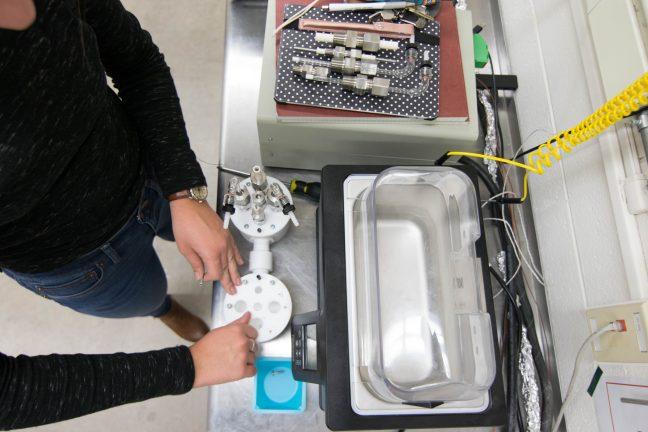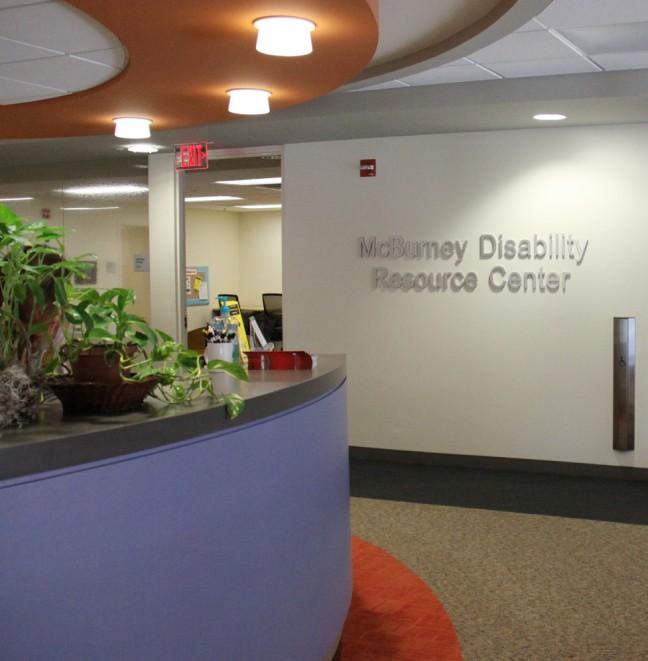Stem cell research is a phrase often met with nervous chatter and ethical debate. Fetal research, a tenet of stem cell research that requires the use of human embryonic tissue to isolate stem cells, has sparked heated opposition from several large groups. While advances in the field have allowed scientists to harvest stem cells from adult organs and initiate novel stem cell lines, the topic still generates controversy.
The current presidential administration frightens me for many reasons, but the impending doom of stem cell research is an under-discussed issue that is particularly terrifying. Like former President George W. Bush, President Donald Trump has surrounded himself with overtly conservative advisers and has consistently showcased his lack of support for scientific research with his stance on climate change and propensity for filling scientific liaison positions in the government with biased, non-scientists.
He also has a vice president who is known for his religious beliefs influencing his policy decisions, who is highly unlikely to favor federal support for stem cell research.
Madison-based Cellular Dynamics International performs cutting-edge stem cell research
Despite the controversy, stem cell therapies have shown promise in many areas of medical research. From utilizing stem cells to rebuild the immune systems of people with type I diabetes to easing the symptoms of Parkinson’s disease, the application of stem cell research are improving, elongating, and saving lives. Despite the mounting evidence that stem cell research has unmatched potential to benefit society, comprehensive funding for the research through the federal government has yet to come to fruition.
Stem cell research, in all its forms, should absolutely be comprehensively federally funded. Much federal funding, however, has been historically blocked largely by conservative religious lobbying organizations. The opinion of a select group of conservative politicians in Washington has been able to stall so much medical progress.
The real basis of decisions regarding scientific legislation and policy should be scientific knowledge, not the moral opinions of politicians. Policy surrounding stem cell research funding should be a political decision about a medical issue based on scientific fact and the viewpoints of medical professionals. Feelings and biases of politicians who’ve never stepped foot in a laboratory or looked at data showing the promise of stem cell research should have a much smaller place in the conversation.
New research at UW indicates more ways to understand diseases in nervous system
I implore all of you to reach out to your representatives and encourage them to vote in favor of legislation promoting stem cell research and advocate for education on the topic. At this very moment, the Wisconsin State Senate is considering a bill that would block National Institute of Health funding for fetal tissue research. I encourage calling your representative and asking them to consider how much the ideologies of politicians matter compared to real people with real medical issues.
Click here for access to the Union of Concerned Scientists webpage outlining how to have a productive call with your representative.
Katharine Tippins ([email protected]) is a junior majoring in neurobiology and psychology.














